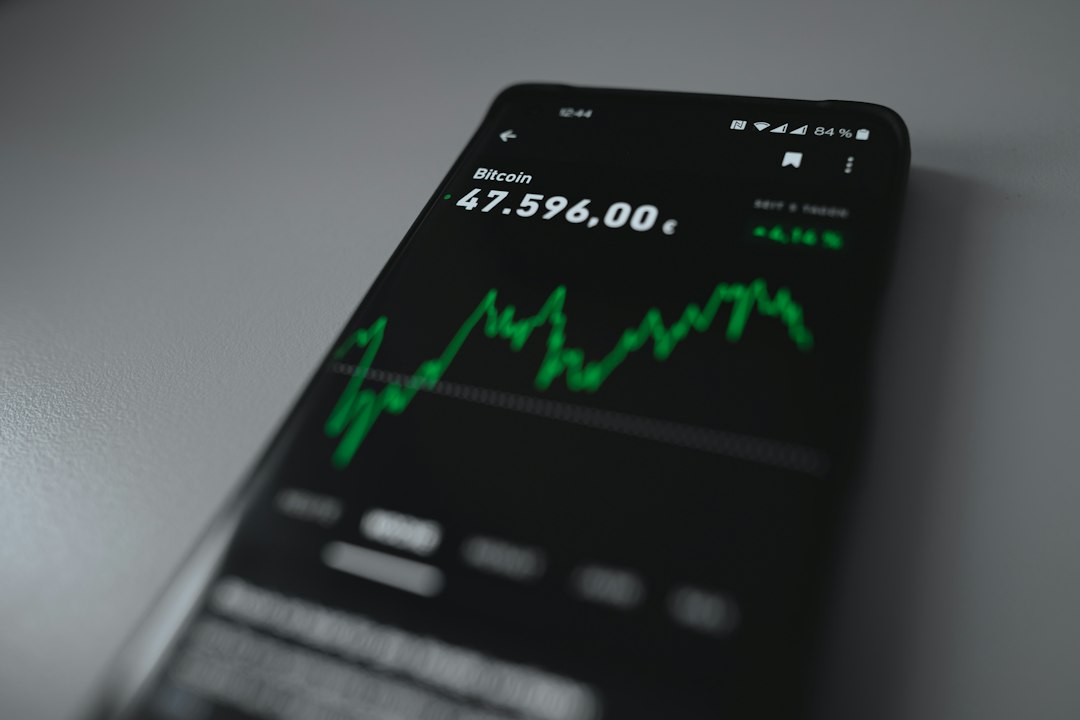The South Korean authorities plan to strengthen control over cryptocurrency mixers following the United States
The Financial Intelligence Unit (FIU) of the Financial Services Commission in South Korea is considering implementing virtual asset mix rules. The aim is to address the issue of money laundering, as criminals are taking advantage of the lack of specific regulations against mixers in the country. This proactive approach is seen as positive for market resilience.
Regulating mixers: The U.S. example
The United States has already taken action to regulate mixers. Last October, the U.S. Treasury Department’s Financial Crimes Enforcement Unit (FinCEN) introduced anti-money laundering (AML) regulations for Mixer as a money laundering service.
In December, the U.S. Department of the Treasury (OFAC) added Sinbad platform to its sanctions list due to its involvement in money laundering operations carried out by hacker group Lazarus. Sinbad processed millions of dollars in virtual currencies acquired through hacker attacks on prominent projects.
The authorities’ determination
The U.S. government has been actively prosecuting and detaining individuals associated with Tornado Cash on charges of laundering over $1 billion and violating sanctions. These actions demonstrate the authorities’ commitment to combating illicit activities involving cryptocurrency mixers and their intent to implement strict control measures.
Hot Take: South Korea follows suit in regulating cryptocurrency mixers
The South Korean government’s plan to strengthen control over cryptocurrency mixers reflects a global trend towards regulating these platforms to prevent money laundering and other illicit activities. By introducing virtual asset mix rules, South Korea aims to enhance market resilience and ensure a safer environment for crypto transactions. Following in the footsteps of the United States, which has already implemented regulations for mixers, South Korea demonstrates its commitment to combatting financial crimes associated with cryptocurrencies. These efforts not only protect investors and users but also contribute to the overall legitimacy and acceptance of cryptocurrencies in the mainstream financial system.





 By
By
 By
By

 By
By
 By
By